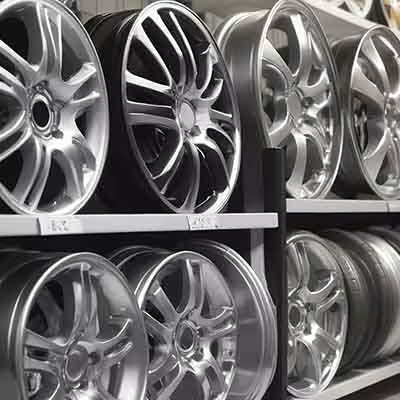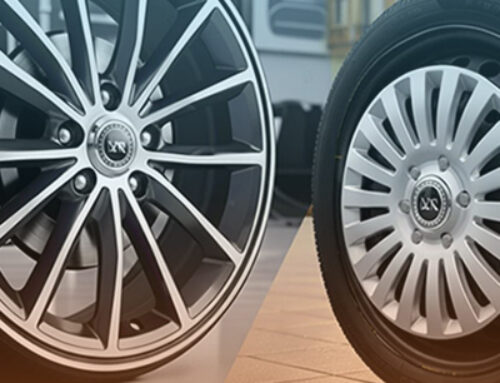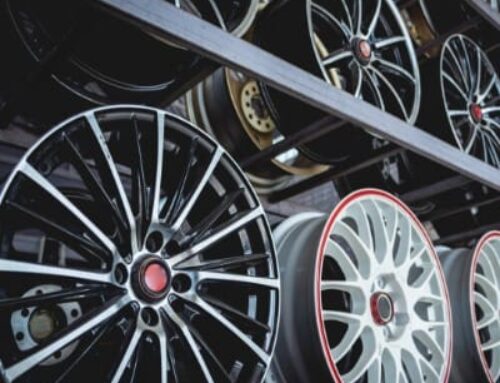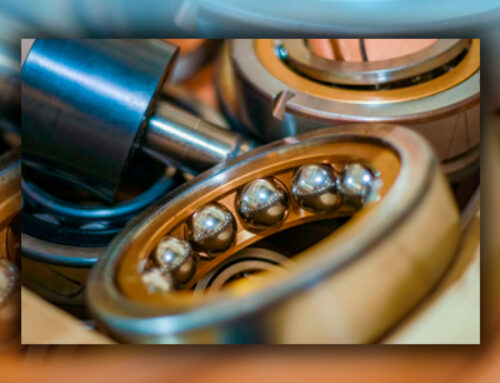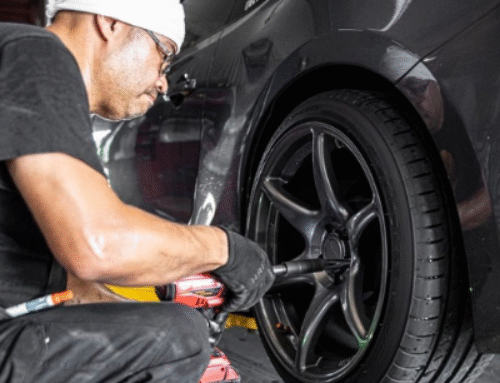Which Rims Last the Longest?
When it comes to vehicle performance and appearance, rims are more than just an aesthetic upgrade—they play a crucial role in your car’s handling, safety, and overall driving experience. A common question that many drivers ask is: Which last the longest? Durability is an essential factor, especially for those who drive frequently, off-road, or in extreme weather conditions. In this article, we’ll explore the different materials and types of to determine which ones offer the longest lifespan.
What Affects Rim Durability?
Before diving into the specific types, it’s essential to understand the factors that influence how long last. Here are some key considerations:
- Material: The composition of the rim greatly affects its durability. Some materials are more resistant to corrosion, cracking, or bending.
- Driving Conditions: Rough terrain, potholes, and frequent off-road driving can shorten the lifespan of a rim. Similarly, exposure to salt, snow, or harsh chemicals can cause corrosion.
- Maintenance: Proper care, such as regular cleaning and inspection for damage, can extend the life of your rims.
- Weight: Heavier rims tend to be more robust, but they can also wear down faster due to increased stress on the vehicle’s suspension and tires.
Types of Rims and Their Durability
Now that we know the factors that impact rim longevity, let’s look at the different materials used in rim construction to answer the question.
1. Steel Rims
Steel rims are often considered the most durable option. Known for their strength and resistance to impact, are highly resistant to bending and cracking. This makes them ideal for off-road driving or use in harsh weather conditions, like heavy snow or muddy terrain. Their heavier weight contributes to stability, but it can also affect fuel efficiency and vehicle handling.
- Pros: Strong, resistant to impact, affordable.
- Cons: Heavier, less visually appealing, can rust over time if not properly treated.
Lifespan: With proper maintenance can last up to 10 years or more, making them one of the most durable options.
2. Aluminum Alloy Rims
Aluminum alloy rims are a popular choice due to their balance between weight, performance, and style. They are much lighter than steel, which improves fuel efficiency and handling. However, they are more prone to cosmetic damage, such as scratches and dents, especially when exposed to rough terrain or curbs. Aluminum rims are also more vulnerable to corrosion, especially in areas where road salt is frequently used.
- Pros: Lightweight, stylish, improves performance and fuel efficiency.
- Cons: Prone to cosmetic damage, less durable in extreme conditions, susceptible to corrosion.
Lifespan: Can last around 5 to 7 years with proper care but may require frequent touch-ups or refinishing.
3. Forged Aluminum Rims
Forged aluminum rims are much stronger and more durable than standard aluminum alloy. The forging process increases the structural integrity, making them more resistant to bending or cracking. Despite their strength, they remain lightweight, making them an excellent choice for performance vehicles.
- Pros: Stronger than cast aluminum, lightweight, better handling, long-lasting.
- Cons: Expensive, still vulnerable to cosmetic damage.
Lifespan: Can last up to 10 years or more with the right maintenance, offering a solid balance between durability and performance.
4. Chrome Rims
Chrome rims are essentially alloy wheels with a chrome coating for a shiny, mirror-like finish. While they are visually appealing, chrome rims are less durable than other types. The chrome coating can chip, peel, or corrode, especially if exposed to road salt or harsh chemicals. Despite their stylish appearance, chrome require a lot of upkeep to maintain their shine.
- Pros: Extremely stylish, eye-catching.
- Cons: Prone to corrosion and cosmetic damage, high maintenance.
Lifespan: Typically last around 5 years, but their lifespan can be shortened without proper care.
5. Carbon Fiber Rims
Carbon fiber some of the most advanced on the market, known for their extreme lightness and strength. Designed for high-performance vehicles, carbon fiber wheels offer exceptional handling and acceleration. However, they are not as durable when it comes to impacts, and their high cost makes them impractical for everyday use.
- Pros: Ultra-lightweight, superior performance, corrosion-resistant.
- Cons: Expensive, prone to cracking from heavy impacts.
Lifespan: Can last 10 years or more but are more vulnerable to impact damage compared to metal options.
Curious about rim options? Find out more in our article: How Many Different Types of Rims Are There?
Which Rims Last the Longest?
After considering the various types of rims and their characteristics, steel rims come out as the most durable in terms of resistance to damage and lifespan. Their ability to withstand rough conditions and their strength make them a top choice for those looking for longevity. However, they do come with the trade-off of being heavier and less visually appealing.
For drivers seeking a balance between performance and durability, forged aluminum rims offer a strong and long-lasting alternative while still being lightweight and stylish. With proper maintenance, can also provide a lifespan of 10 years or more.
Tips for Prolonging the Life of Your Rims
No matter which type you choose, regular maintenance can help extend their lifespan. Here are a few tips to keep your rims in top condition:
- Clean Regularly: Dirt, grime, and road salt can corrode over time. Clean them regularly with soap and water.
- Check for Damage: Inspect your rims for any signs of cracks, bends, or chips. Addressing these issues early can prevent more significant damage.
- Avoid Harsh Chemicals: Some cleaning products contain harsh chemicals that can erode chrome or damage alloy rims.
- Be Cautious on Rough Terrain: Avoid hitting curbs, potholes, or driving off-road unless your rims are designed for such conditions.
When it comes to answering the question: Steel rims are the most durable option available, followed closely by forged aluminum rims. Each material has its pros and cons, but by understanding your driving habits and maintaining your rims properly, you can ensure that they last as long as possible, keeping your vehicle safe and stylish for years to come.

